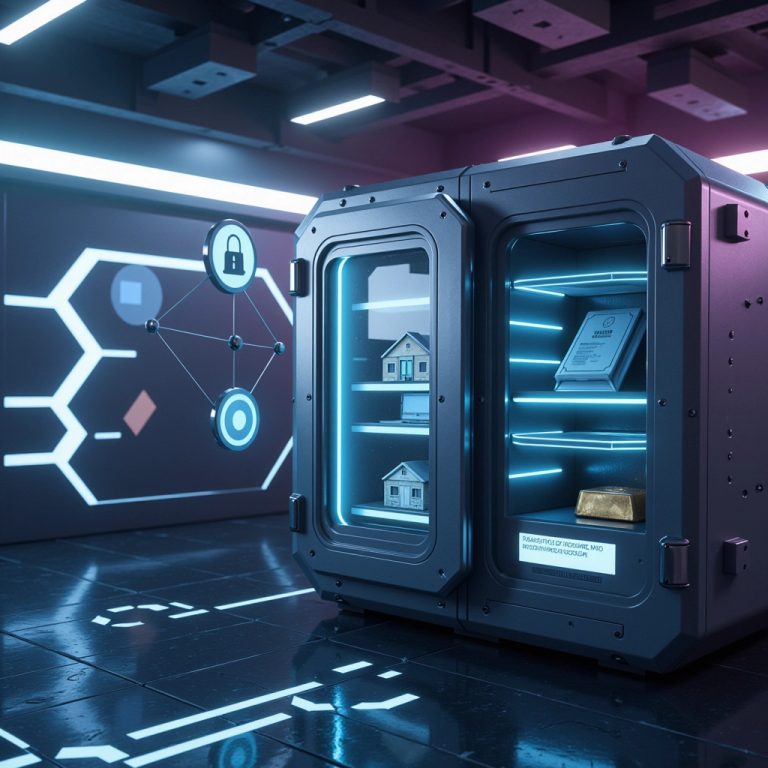Real-World Assets (RWA) Tokenization: The Financial Revolution of 2025
RWA tokenization is reshaping finance in 2025. Learn how real assets like bonds and real estate are issued on-chain, which platforms lead the market, and how to invest securely.

RWA tokenization is reshaping finance in 2025. Learn how real assets like bonds and real estate are issued on-chain, which platforms lead the market, and how to invest securely.